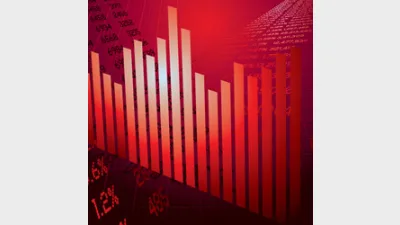GESB overhauls $2.28 billion fixed income portfolio



GESB has overhauled the fixed income portion of its investment base, reorganising it into two new categories with four allocations totalling $2.28 billion.
GESB's acting chief investment officer Steve McKenna said the new allocations reflect a strategic reorganisation of GESB's approach to managing members' fixed income investments.
GESB has created two global bond categories - a global government bond portfolio and a global investment grade bond portfolio.
"Segregating the broader fixed income asset class into two distinct categories allows GESB to shift towards a more global approach to investing and increase access to the more diversified set of opportunities available in the global investment grade credit markets," McKenna said.
The allocations are now: $706 million to Wellington Management Company LLP and $714 million to Franklin Templeton Investments Australia in its global government bond portfolio; and $432 million to Wellington Management Company LLP and $427 million to PIMCO Australia in its global investment grade bond portfolio.
Some of the money was already invested with those managers, all of whom had an existing relationship with GESB, according to a fund spokesperson.
GESB has a total of $12.5 billion in funds under management, with approximately $1.6 billion invested in global government bond investment strategies and nearly $1.8 billion invested in diversified fixed interest investment strategies.
Recommended for you
The two funds have announced the signing of a non-binding MOU to explore a potential merger.
The board must shift its focus from managing inflation to stimulating the economy with the trimmed mean inflation figure edging closer to the 2.5 per cent target, economists have said.
ASIC chair Joe Longo says superannuation trustees must do more to protect members from misconduct and high-risk schemes.
Super fund mergers are rising, but poor planning during successor fund transfers has left members and employers exposed to serious risks.












